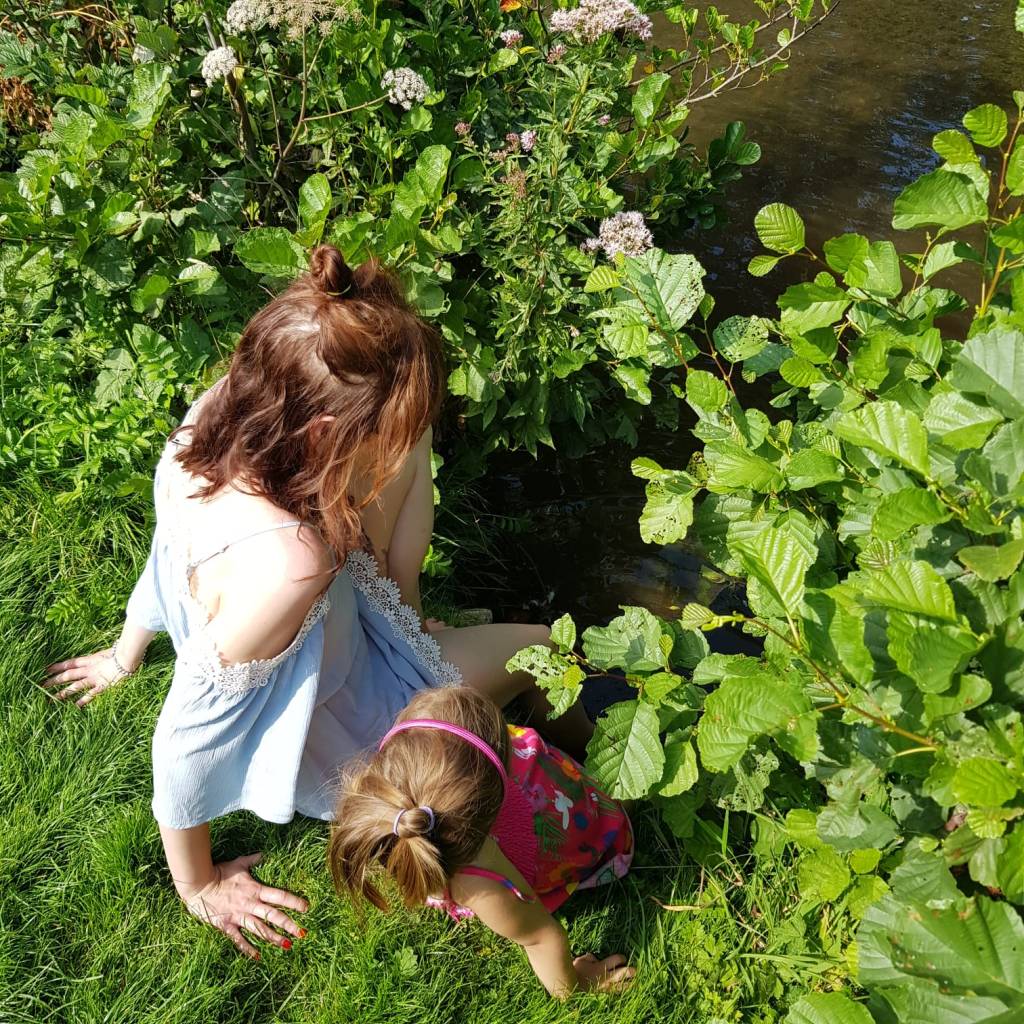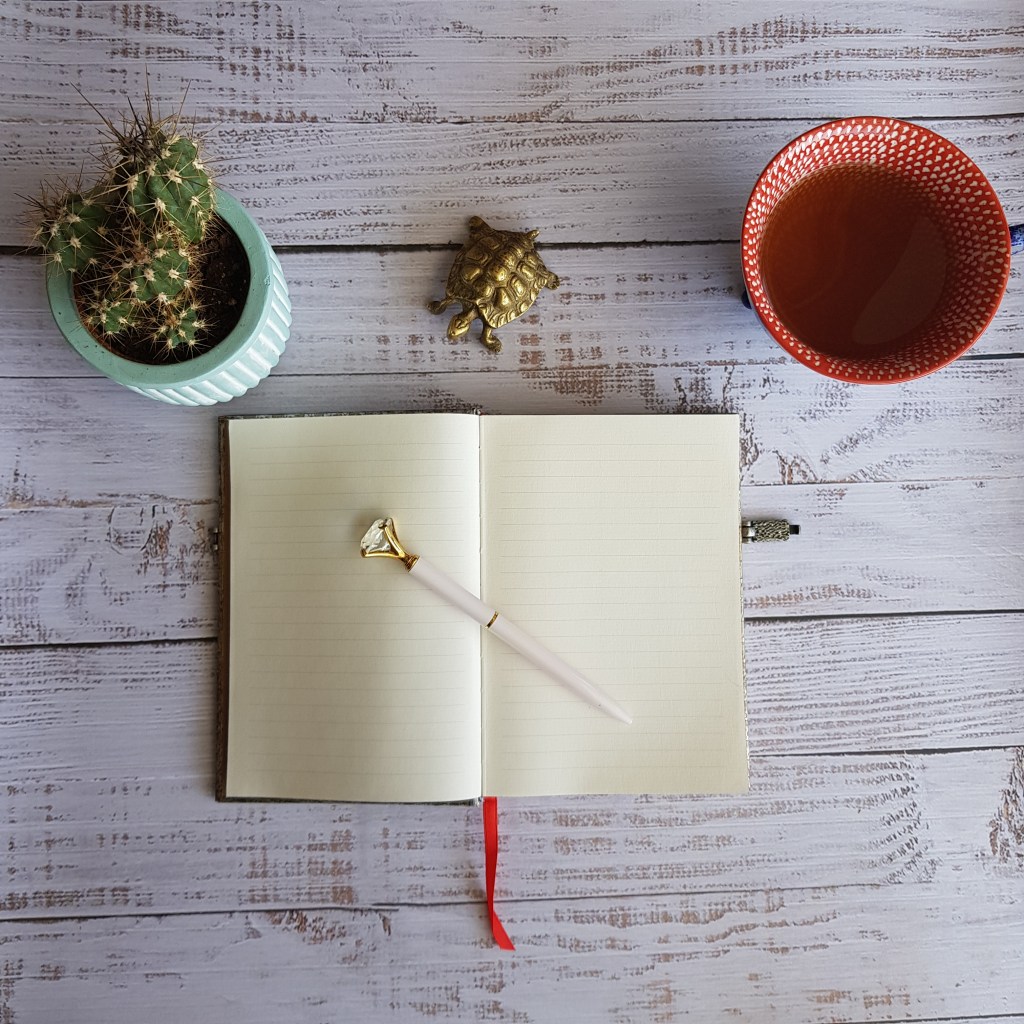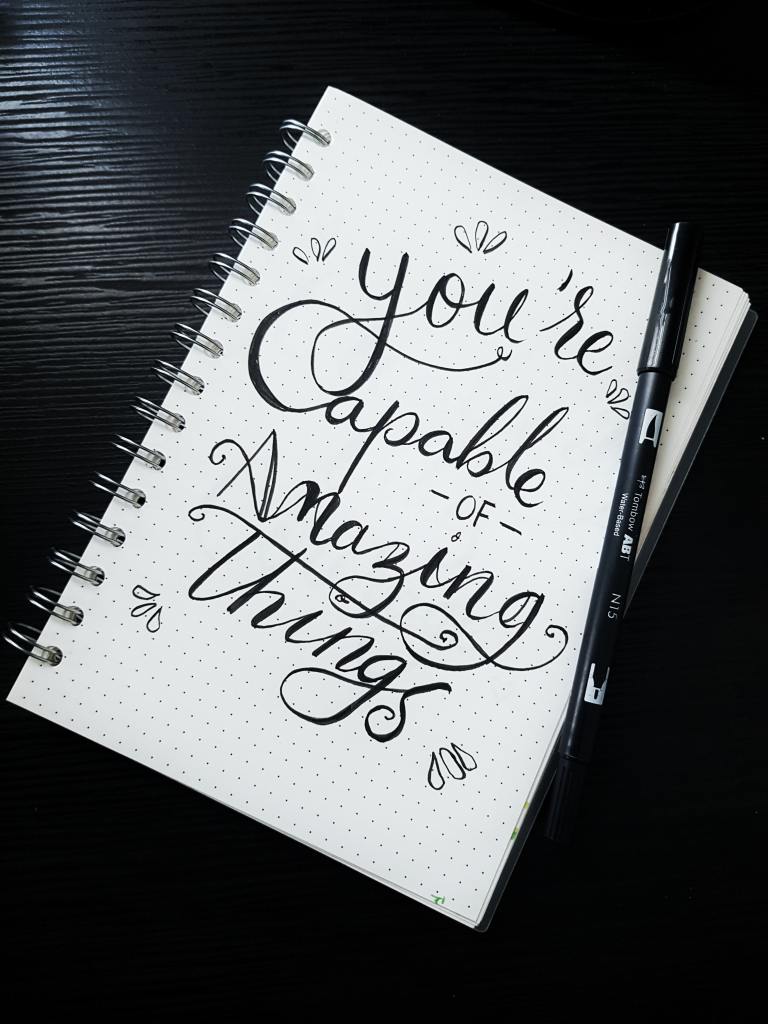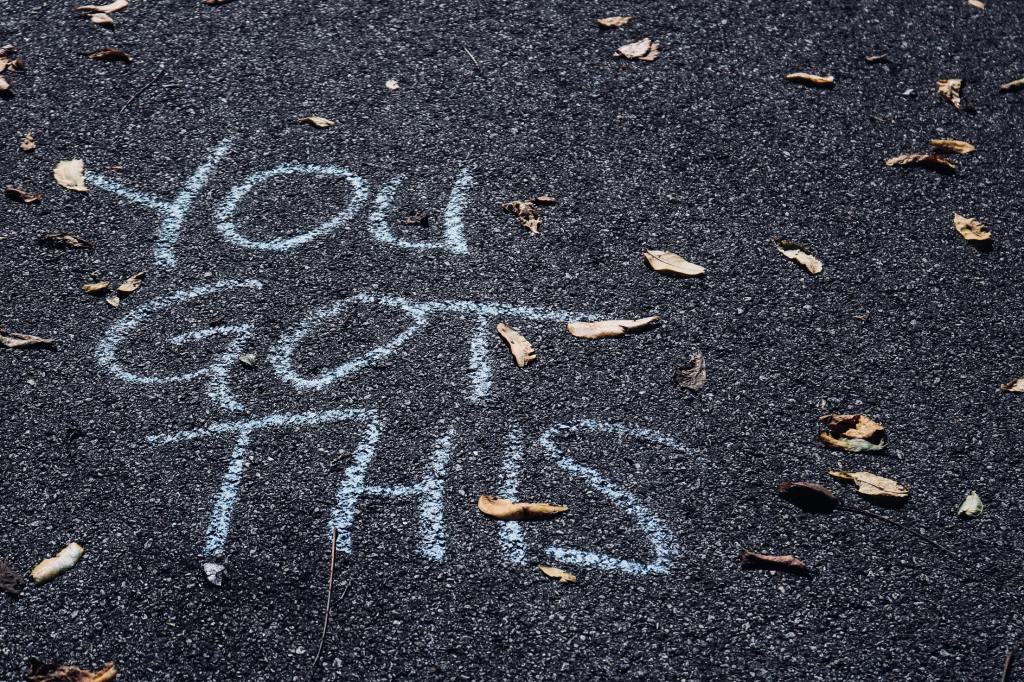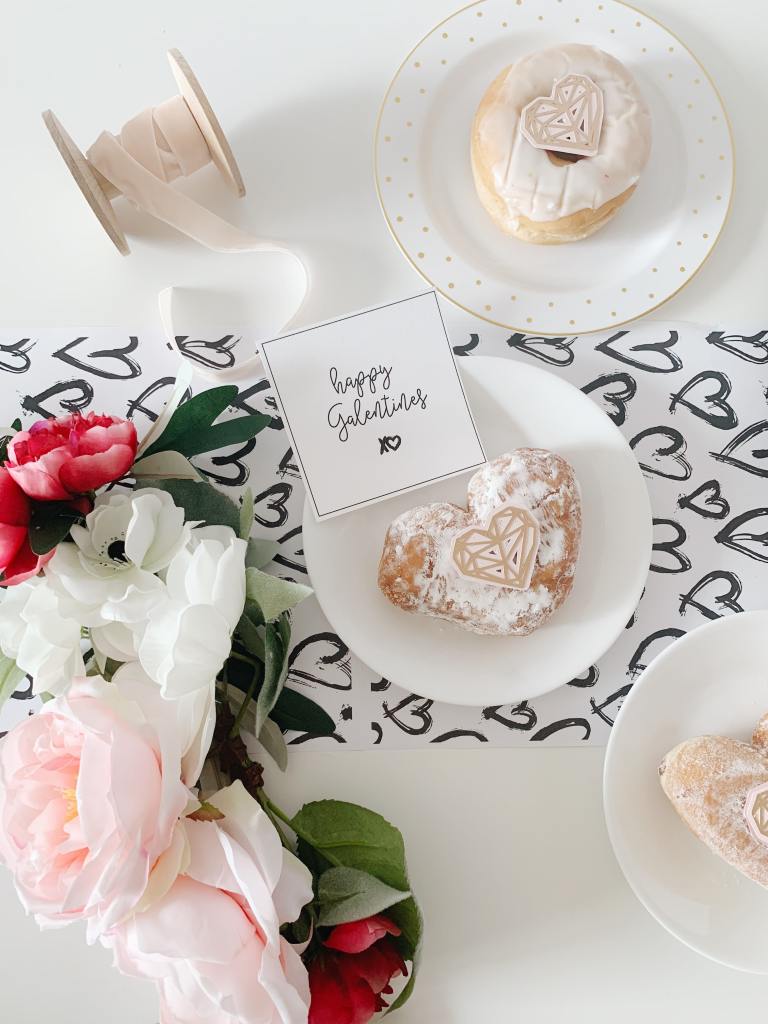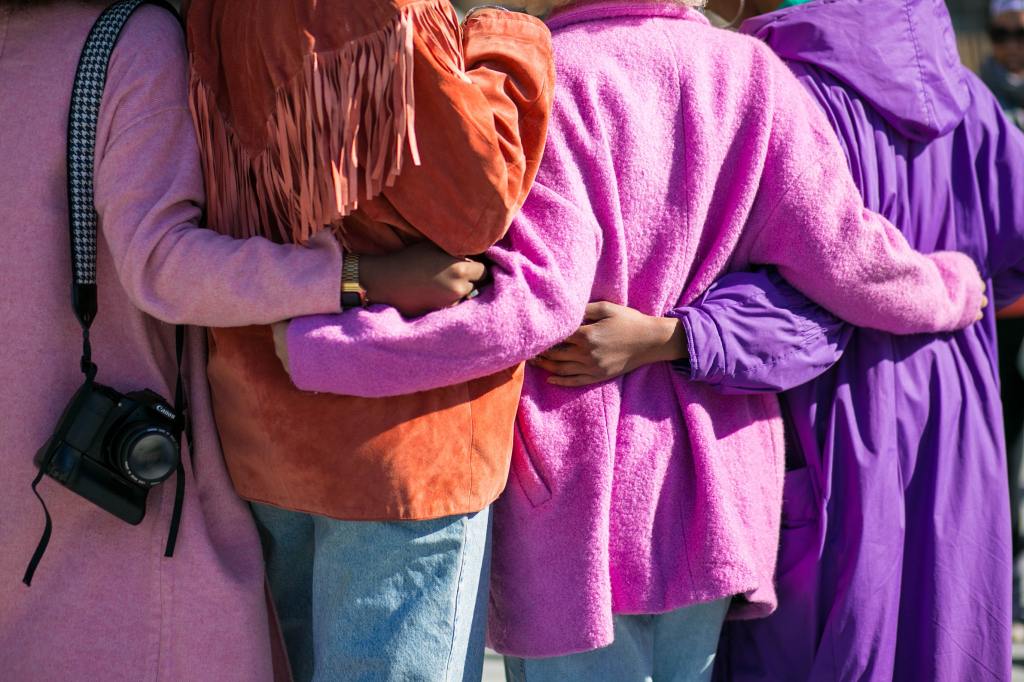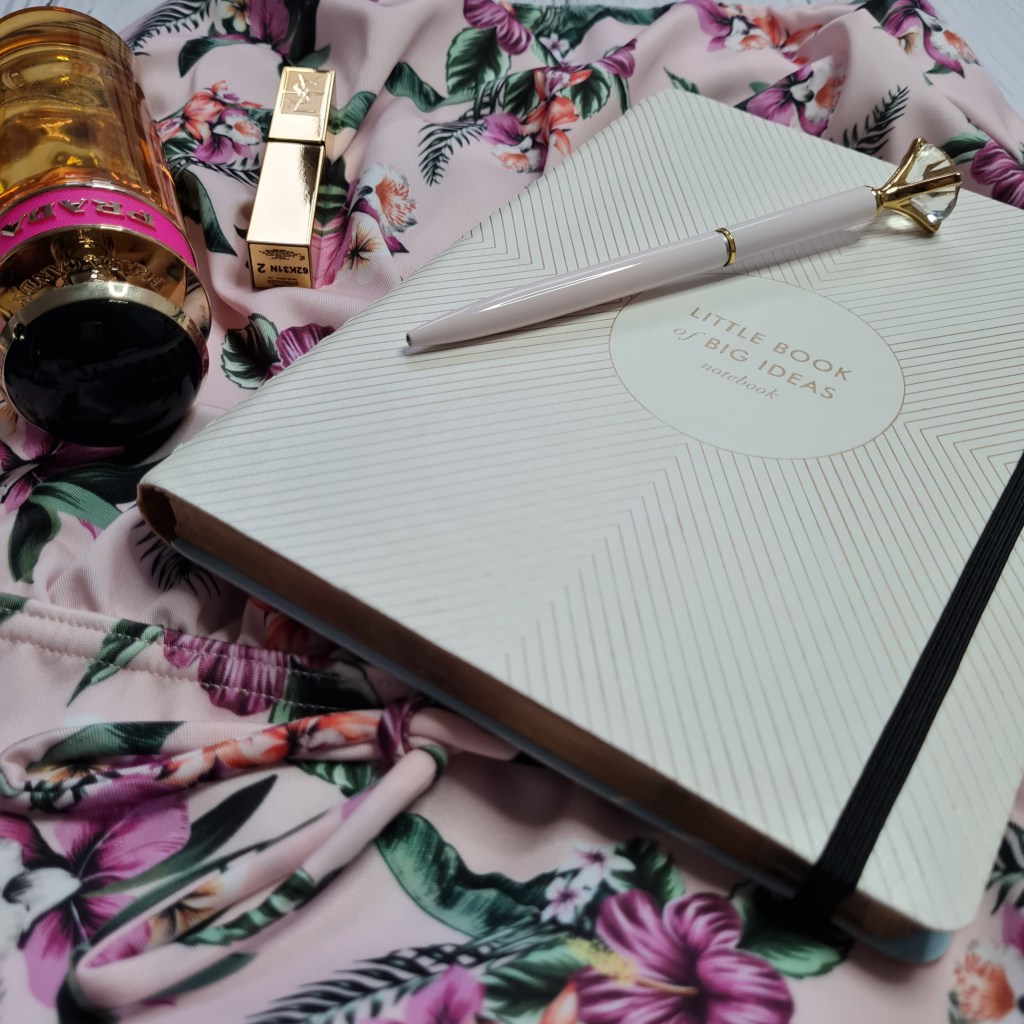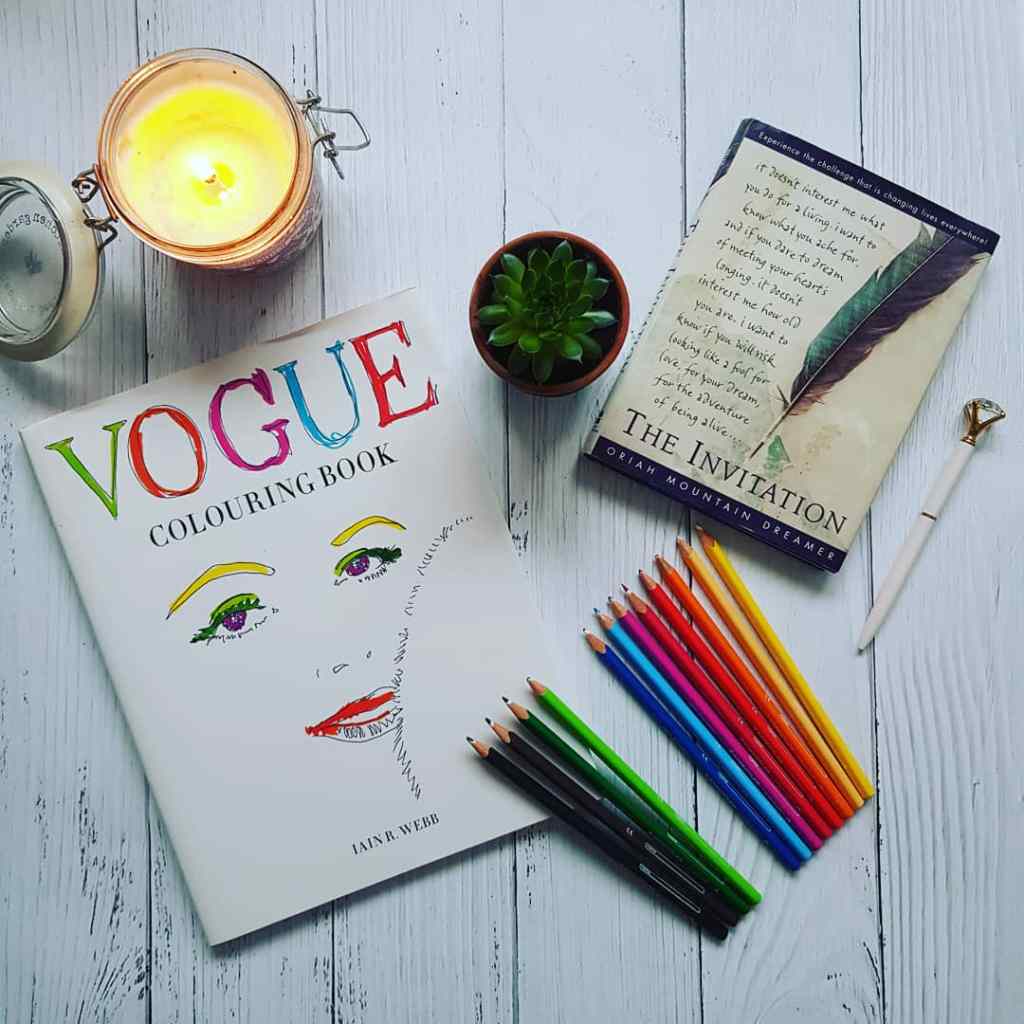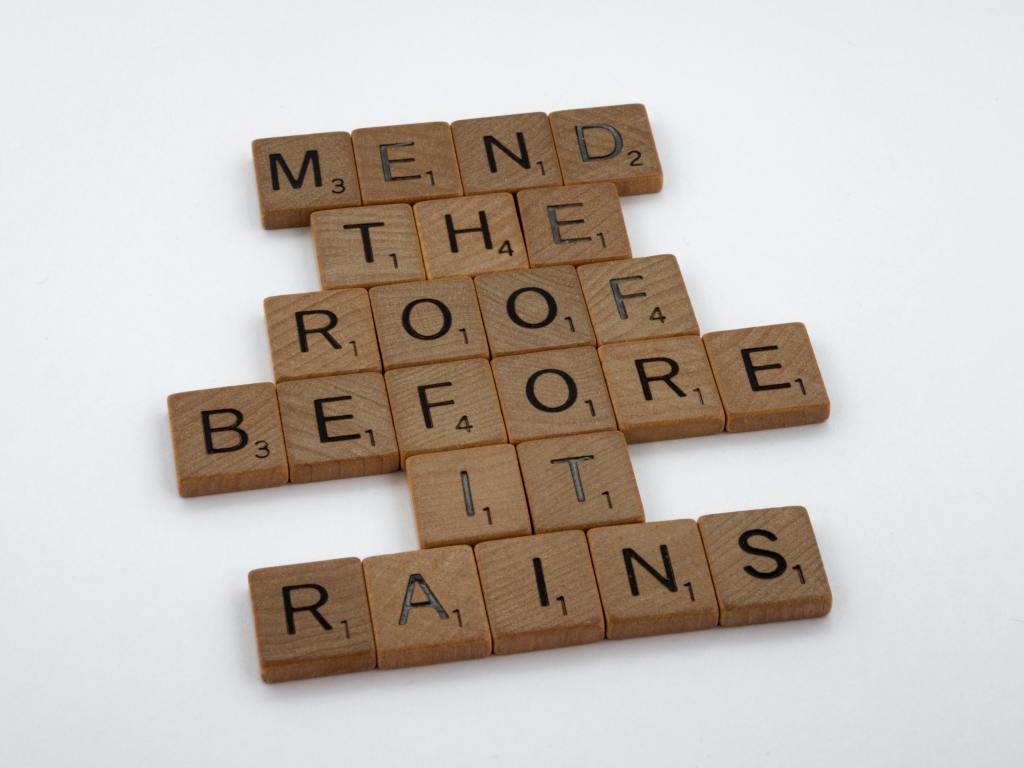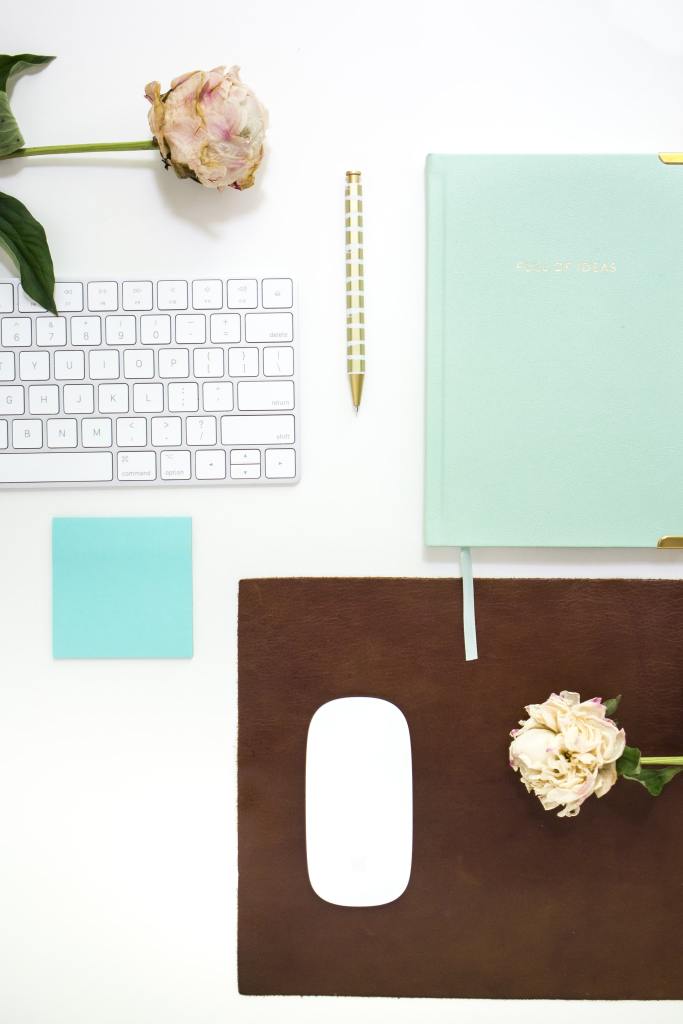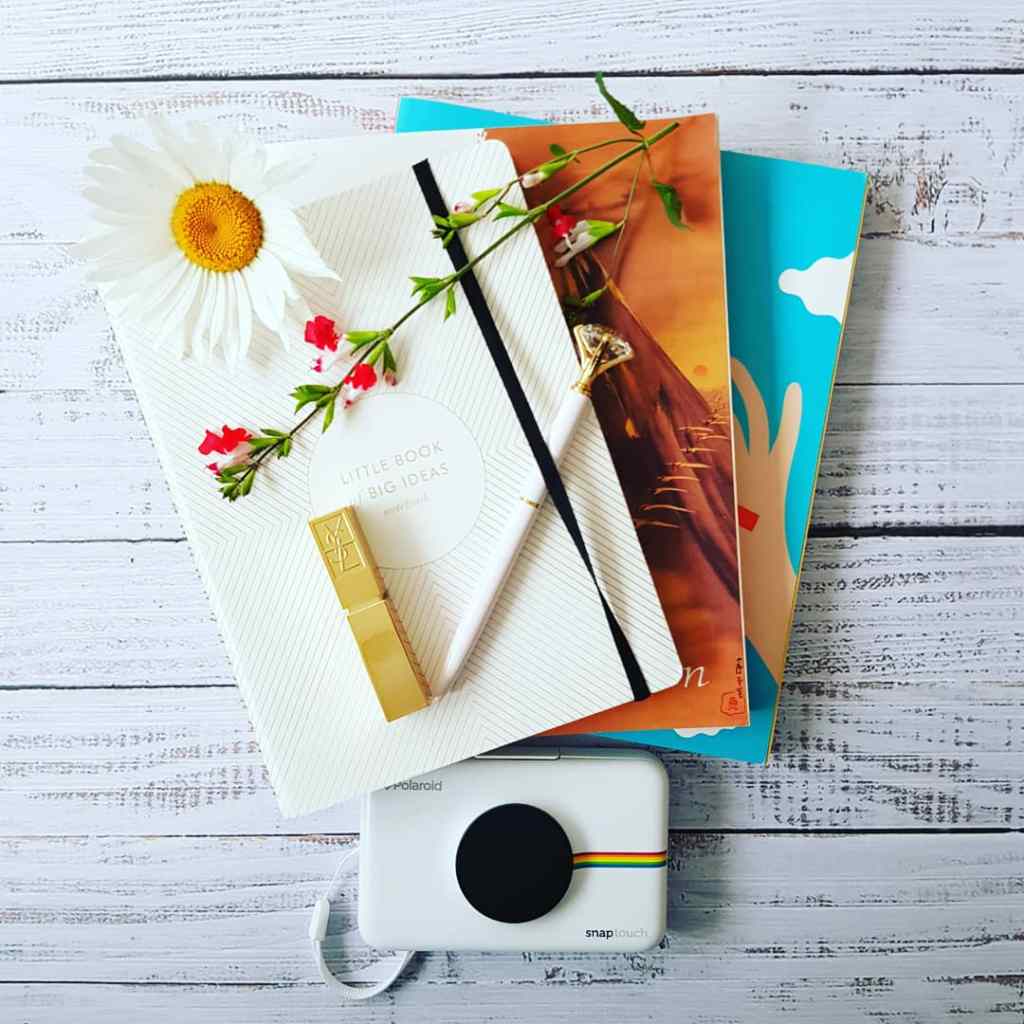Being an artist is portrayed as living a glamorous lifestyle, a flexible work schedule and a bank account that’s bursting with money. So why do so many people and industries expect creatives to work for below minimum wage or for free?
It’s late at night and I fill out yet another registration form for a platform that promises writers to get paid projects delivered to their inbox. After a few minutes, I’m congratulated by the website to being a member and now have access to jobs. Only, they pay between £5 and £25 per project – writing 1000 words plus on carefully researched topics that must be original and to the highest standard in terms of grammar and spelling. I get a flashback from signing up to People per Hour a couple of years ago and notice a familiar feeling of unease settle with me. I quickly log out and pull up the customer service email from the platform: “After careful consideration I have decided that this is not the way I like to work, so could you please remove my account and personal details from your website.” I remain polite and professional, even though I want to tell them that they are part of the problem why writers are underpaid, undervalued and treated like the dregs of any workforce on this planet.

I’ve been having conversations with fellow artists about this problem in society and the creative industry in general, and no one can come up with solutions despite everyone being aware of the issues. Unpaid internships, low paid entry-level jobs that require tons of experience, and a lack of employers who’d be willing to give anyone who’s starting out the chance to gain the experience they are looking for. That’s the general vibe. But that’s not all. The creative industry also appears to be a tight-knit and incestuous club that mainly works on connections, nepotism, and the luck of an elite-few who have the money or financial backing to break into the inner circle. As a working-class, soon middle-aged woman, I feel like I’m shouting into a void that doesn’t want to know what I have to say or what I can contribute. Unless I work for free, of course. That’s when you can add to your portfolio and workload until you realise that you’ve worked yourself into the ground to make someone else look good.

There is nothing wrong with paying your dues, and most creatives have worked for free or for very little money, to get some work published and the experience everyone wants them to have. But to make it a long-term expectation is not only unsustainable and unfair (and actually, quite an audacity!) but also totally disheartening for any artist. It begs the question whether people think that artists and creative people have some sort of magic agreement with the government and banks, that means they don’t have to pay for rent, utility bills and food. Or that we get “special rates”, or have thousands of pounds in savings accounts, which we can live off whilst we work for free. The sad thing is, that those who take advantage of creatives also know that artists are passionate, resilient and won’t give up easily on their dreams of becoming a full-time artist, and will endure a lot of shit in order to get where they want to be. And so the vicious circle keeps on going round and round, and not much changes, because we love our art, we would do anything for it, and so we work for free and for obscenely low money, just to get our names and our work out there.

It’s no wonder then that so many creative people struggle financially and mentally. It would take its toll on the toughest and most determined of us. So what can we do?
First of all, I’m not a believer in playing the martyr (not anymore anyway). I’ve clicked on a lot of jobs on LinkedIn & Co that sounded like a perfect fit, only to realise that they’re unpaid internships or volunteer positions. And once I’ve seen that I won’t get paid, I scroll past, as I don’t do unpaid work anymore. Not because I think it’s beneath me. Because I’ve already written for free for years and have a rather handsome portfolio. And even if I didn’t, why should I not get paid for my time?! You don’t see a 16-year-old apprentice not getting paid for working whilst studying at college. So why should my time as a grown-up with over 20 years of experience be worth nothing?
Second, I think we need to start speaking out about this. And be quite forceful with it. We need to point out the ridiculousness of it. Because, when you think about it, not getting paid for work that comes from your own blood, sweat and tears, your intellectual property and has so much of your passion and skills, that’s worth more than minimum wage; hell, I would argue that’s worth more than those stock brokers earn each year! So let’s call out the bullshit! Loud and clear – that even those in the back seats hear it.
Third, we need to tell (our) kids that the arts matter and are worth the same as maths, English, and science. The more we make a big deal out of it, the more we encourage children and teenagers to value and appreciate the arts, the more likely it is that things will start to shift. Champion those young writers, artists, musicians, actors, sculptors, designers, and makers, and support them so they can thrive and bloom, which in turn will open the doors to many others in the future.

So, to all my fellow creative people: Let’s stand together, let’s support each other, and above all, let’s be the revolution that we need. We matter. We deserve to get paid for our art. We deserve to live a decent life. After all, what would our world be without the arts?
If you liked what you read, why not subscribe so you never miss any new posts. Also, I hang out on Instagram (a bit too much, tbh!) and occasionally on TikTok. Connect with me to get a glimpse of my chaotic, creative and colourful life.
